
AllQuestion and Answers: Page 1656
Question Number 43787 Answers: 1 Comments: 0
Question Number 43783 Answers: 1 Comments: 5

Question Number 43767 Answers: 0 Comments: 0
Question Number 43766 Answers: 1 Comments: 0
Question Number 43765 Answers: 1 Comments: 0
Question Number 43796 Answers: 1 Comments: 0

Question Number 43759 Answers: 2 Comments: 0
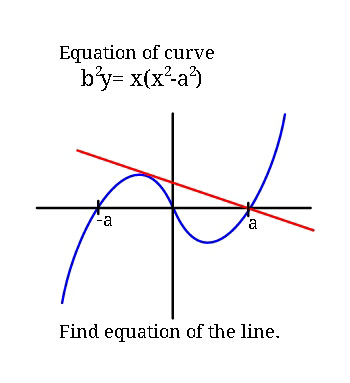
Question Number 43757 Answers: 0 Comments: 0
Question Number 43756 Answers: 1 Comments: 0
Question Number 43754 Answers: 0 Comments: 0

Question Number 43753 Answers: 0 Comments: 0

Question Number 43749 Answers: 1 Comments: 0

Question Number 43748 Answers: 1 Comments: 0

Question Number 43731 Answers: 1 Comments: 0

Question Number 43713 Answers: 0 Comments: 2
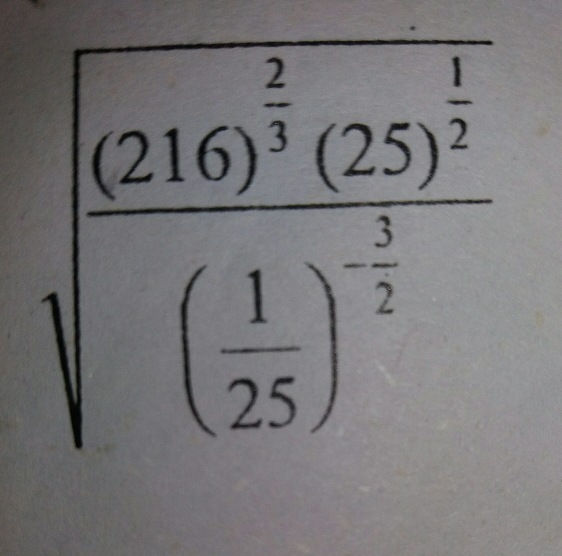
Question Number 43716 Answers: 1 Comments: 3
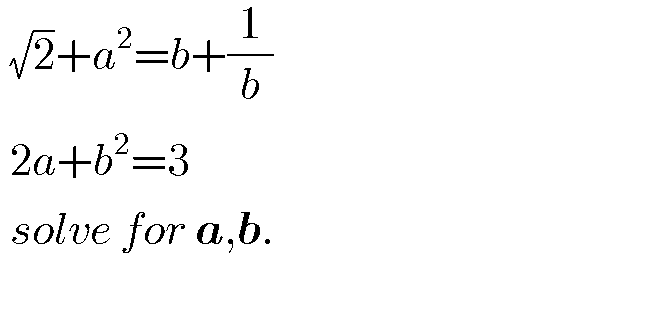
Question Number 43707 Answers: 1 Comments: 3
Question Number 43706 Answers: 1 Comments: 2
Question Number 43705 Answers: 0 Comments: 0
Question Number 43702 Answers: 1 Comments: 0
Question Number 43699 Answers: 1 Comments: 4

Question Number 43694 Answers: 1 Comments: 0
Question Number 43684 Answers: 0 Comments: 1
Question Number 43683 Answers: 0 Comments: 2
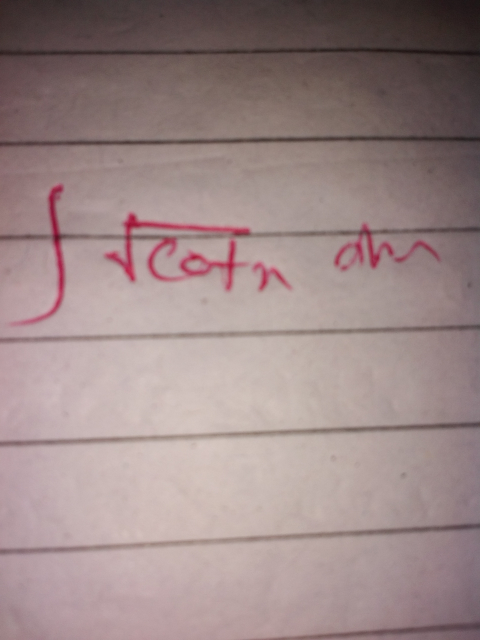
Question Number 43682 Answers: 0 Comments: 1
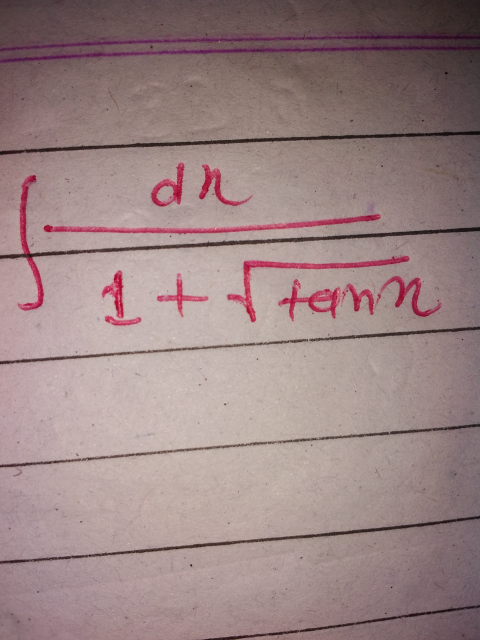
Question Number 43679 Answers: 0 Comments: 1
Pg 1651 Pg 1652 Pg 1653 Pg 1654 Pg 1655 Pg 1656 Pg 1657 Pg 1658 Pg 1659 Pg 1660
